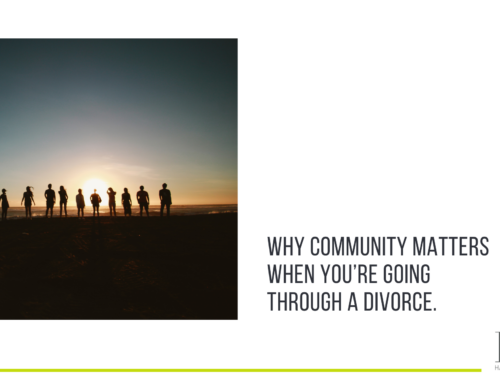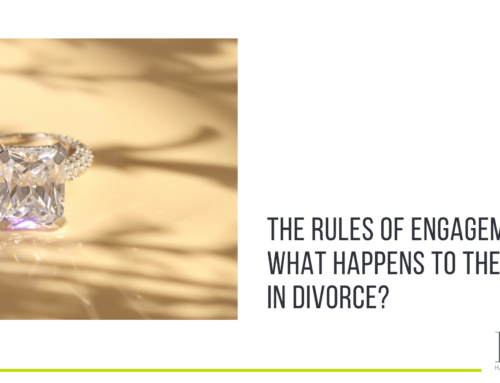In an ever evolving digital world, you wouldn’t necessarily consider the influence that changes in technology have over legal proceedings. However, it may surprise you to know that it plays a bigger role than you may think.
When it comes to technology, the law very often finds itself playing catch up, and the issue of cryptocurrency is one such example. Here we’re exploring what cryptocurrency is, how to identify it and how it’s dealt with during divorce proceedings.
What is cryptocurrency?
Hailed by commentators as ‘the future of money’, cryptocurrency is (in a nutshell) any currency that’s available exclusively in digital form. The most well-known is Bitcoin, which first launched in 2009.
The decentralised structure of cryptocurrency allows it to exist outside the control of governments, making it simultaneously a cause for concern and a popular financial asset.
How is cryptocurrency relevant in divorce proceedings?
Up until recently, cryptocurrency wasn’t considered a divisible financial asset during divorce proceedings. However, that’s no longer the case. Cryptocurrency is now considered property during proceedings, and will form a valid part of the martial ‘pot’ when assets are being divided accordingly.
In order to do this fairly of course, both parties to a divorce should provide full financial disclosure. This includes declaring all assets and income, including those of a digital nature.
And therein can often lay the problem.
Identifying cryptocurrency as an asset
Generally, the anonymity of cryptocurrency can make it incredibly difficult to identify. You don’t need to have a name and address associated with cryptocurrency investments, which essentially means that it can be easily hidden from banks and very hard to trace.
For many couples, the management of the finances throughout the marriage is left to one spouse. Whilst there’s nothing wrong with this when times are good and trust is a feature of the relationship, what if that’s not the case? What if there are concerns about financial infidelity, or you’re concerned that your spouse is hiding assets? It can be very difficult.
If you suspect something untoward, pay close attention to any joint bank accounts that you have with your partner, and be on the lookout for any unusual or big transactions that you can’t account for. If you’ve already started divorce proceedings and are going through financial disclosure, be sure to examine their paperwork thoroughly, including any tax returns, as they can contain evidence of a cryptocurrency investment.
Do you need an expert?
If you can’t find any evidence of your spouse holding cryptocurrency but you’re still suspicious, it’s worth seeking legal advice if you haven’t done so already, as your solicitor may advise that the help and advice of a financial expert is required.
It’s worth reiterating that cryptocurrency can become very complex when negotiating financial settlements, and it’s not something you should try to deal with in absence of legal advice.
The challenges of negotiating with cryptocurrency
There are a number of challenges when dealing with cryptocurrency when trying to agree a financial settlement, not least of which is the fact that its value can fluctuate so quickly. It might be worth a considerable amount one day, and nothing the next.
It’s precisely because of this volatility that a spouse may not wish to own a share of any cryptocurrency that has been disclosed, and instead have the ‘value’ reflected elsewhere. For example, by receiving more of the pensions, savings or property.
Ultimately, to ensure that you understand all of the options available when it comes to dealing with cryptocurrency, seeking expert legal advice is absolutely vital. At the very least, a family solicitor will be able to advise you about any next steps you need to take if you suspect that your spouse is hiding any assets, not just cryptocurrency.
If you have any questions about your divorce and separation, we’re here to help. We’re here to be on your side, so don’t hesitate to get in touch and put us in your corner.






